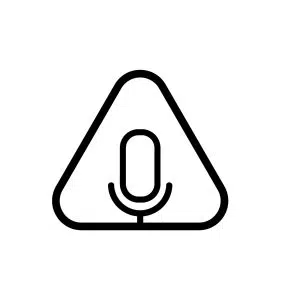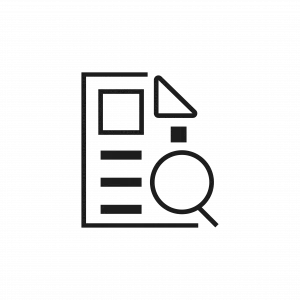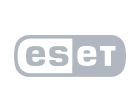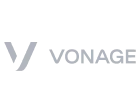Conflict of Interest Policy
Brief & Purpose
The InsideUp Conflict of Interest Policy refers to any case where an employee’s personal interest might contradict with the interests of the company. This is an unwanted circumstance as it may have heavy implications on the employee’s judgement and commitment to the company, and by extension to the realization of its goals.
This policy will outline the rules regarding conflict of interest and the responsibilities of employees and the company in resolving any such discrepancies.
Scope
The InsideUp Conflict of Interest Policy applies to all prospective or current employees of the company, as well as independent contractors and persons acting on behalf of the company.
Policy elements
The relationship of the company with its employees should be based on mutual trust. As the company is committed to preserve the interests of people under its employment, it expects them to act only towards its own fundamental interests.
Conflict of interest may occur whenever an employee’s interest in a particular subject may lead them to actions, activities or relationships that undermine the company and may place it to disadvantage.
What is an employee conflict of interest?
This situation may take many different forms that include, but are not limited to the following, conflict of interest examples:
- Employees’ ability to use their position with the company to their personal advantage
- Employees engaging in activities that will bring direct or indirect profit to a competitor
- Employees owning shares of a competitor’s stock
- Employees using connections obtained through the company for their own private purposes
- Employees using company equipment or means to support an external business
- Employees acting in ways that may compromise the company’s legality (e.g. taking bribes or bribing representatives of legal authorities)
The possibility that a conflict of interest may occur can be addressed and resolved before any actual damage is done. Therefore, when an employee understands or suspects that a conflict of interest exists, they should bring this matter to the attention of management so corrective actions may be taken. Supervisors must also keep an eye on potential conflict of interests of their subordinates.
The responsibility of resolving a conflict of interest starts from the immediate supervisor and may reach senior management. All conflicts of interest will be resolved as fairly as possible. Senior management has the responsibility of the final decision when a solution cannot be found.
In general, employees are advised to refrain from letting personal and/or financial interests and external activities come into opposition with the company’s fundamental interests.
Note: The same principles apply to the company in regards to its clients. When applicable, we are committed to not offer services or form partnerships with companies who are in direct competition with one of our existing clients.
Disciplinary Consequences
In cases when a conflict of interest is deliberately concealed or when a solution cannot be found, disciplinary action may be invoked up to and including termination.
The policy review date is May 25, 2022.
By:__________________ Date:___________
Asad Haroon, CEO, InsideUp


















































